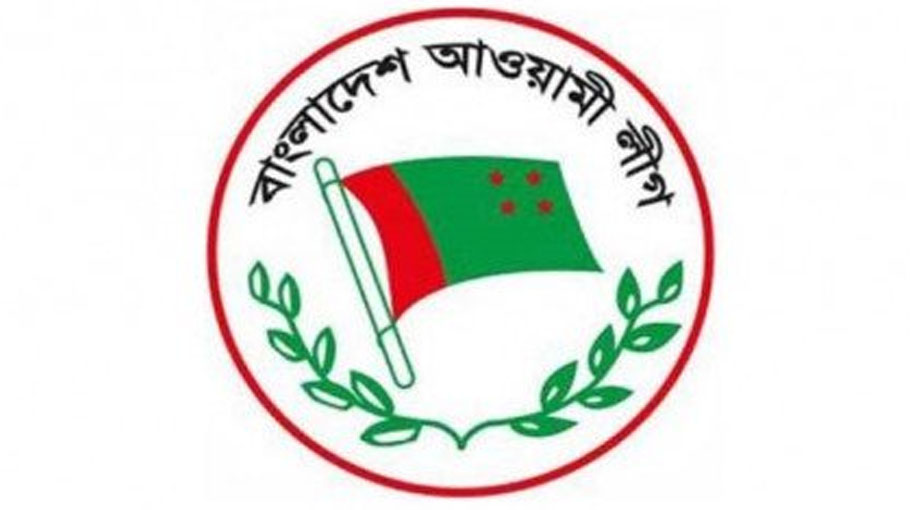Role of Awami League in holding free and fair election in Bangladesh

(Last Part)
The Awami League has consistently worked towards hosting free and fair elections in the face of backlash and false accusations. The party has constantly been under scrutiny to be impartial during elections at various times. The results of different general elections show that the Awami League has not been elected in every election after it came to power. In local elections in towns and rural areas, parties from the opposition and independent candidates have often captured seats in large numbers. This has been seen in the 2013 mayor elections in Gazipur where the Awami League lost seats to the opposition BNP. Even in 2021, the number of independent candidates winning Union Parishad elections even surpassed that of the Awami League at one point. Such results indicate clearly that the party is impartial in upholding its code of impartiality in elections. If the party was not impartial, then the election results would always tend to favor the Awami League in all elections. These results say otherwise, and show how the party is interested in keeping elections clean and fair with natural public support.
Introduction of electronic voting machine
The Awami League has introduced to the general public of Bangladesh the electronic voting machine. This is a modern step taken by the party to take the election process into the modern age of globalization. Where every developed country was using electronic voting or 'e-voting' systems to take votes for their elections, the Awami League drummed up support to bring this modern innovation to Bangladesh. The party faced opposition to the idea despite effective use in almost all developed countries and even successful trials in some developing states. This system was marked as being 'faulty' despite the obvious benefits it brought to the table. Not only are e-voting systems easy to implement, use, and manage, but it has steps to ensure a more transparent voting system over the standard ballot process. Public support was key in gathering the much-needed attention to the idea's implementation. The Awami League party successfully drummed up support for the idea among the public. With successful pilot testing in 2007, the e-voting machines were successfully used in the 2018 general elections across six constituencies in Bangladesh. This is a testament to how the Awami League party has been active in bringing innovation to the election process in Bangladesh. From successfully gathering public support to pilot testing and implementation, the dedication towards revolutionizing the election process and the effective use of democracy has been demonstrated by the Awami League party with finesse, political aptitude, and dedication for constant improvement.
Preventing political violence
Alongside encouraging the development of grassroots initiatives of mobilization, the Awami League has been actively providing a healthy political environment free from political violence. Political parties in Bangladesh have been involved in inciting electoral and political violence after the independence of Bangladesh starting from the oppressive regime of the military government since 1975 to the political violence stemming from Islamist groups such as the Bangladesh Jamaat-e-Islami (i.e., the Jamaat Party for short). In particular, the nationwide bombings perpetrated by the supposed supporter of sharia law the Jamaat Party in 2005 has been particularly damaging and detrimental to the freedom of political expression in Bangladesh. The Awami League has been active in undoing the damage such violence has caused for the overall political environment of Bangladesh in supporting free and fair elections and maintaining general public security especially during election times (Datta, 2005). The AL has its share of accusations regarding limiting individual freedom by threatening bloggers and activists against government criticism. However, its activities for ensuring an inclusive political environment have been more than evident in its years of service. Through the active leadership of Sheikh Hasina, the Awami League has been active in providing the citizens of Bangladesh with a peaceful political environment while ensuring free and fair elections are carried out at all levels of the country. The Awami League has facilitated voter protection, peaceful gathering of voter support, peaceful protests for political change, voting transparency, ease of voting, smooth facilitation of voter counting, and a transparent result publication in ensuring a transparent election process. The AL has consistently supported a multi-party system which is one of the core elements of a democratic system of governance and a democratic election process. In that respect, the AL through the leadership of Sheikh Hasina has worked consistently towards delivering the general public of Bangladesh a free and fair election process.
The Awami League has certainly come a long way towards spreading democracy and establishing a healthy democratic culture in Bangladesh. Its path towards ensuring free and fair election first under the leadership of Bangabandhu Sheik Mujibur Rahman was momentarily halted by his untimely death at the hands of those that oppose a democratic Bangladesh. Afterward, the reigns of the party were taken by Sheikh Hasina, and through her leadership, the party overcame the obstacles that stood in its way towards achieving an inclusive political environment for the citizens of Bangladesh.
(Concluded)
Md Rafiqul Islam, PhD teaches at the Department of Peace and Conflict Studies, University of Dhaka




